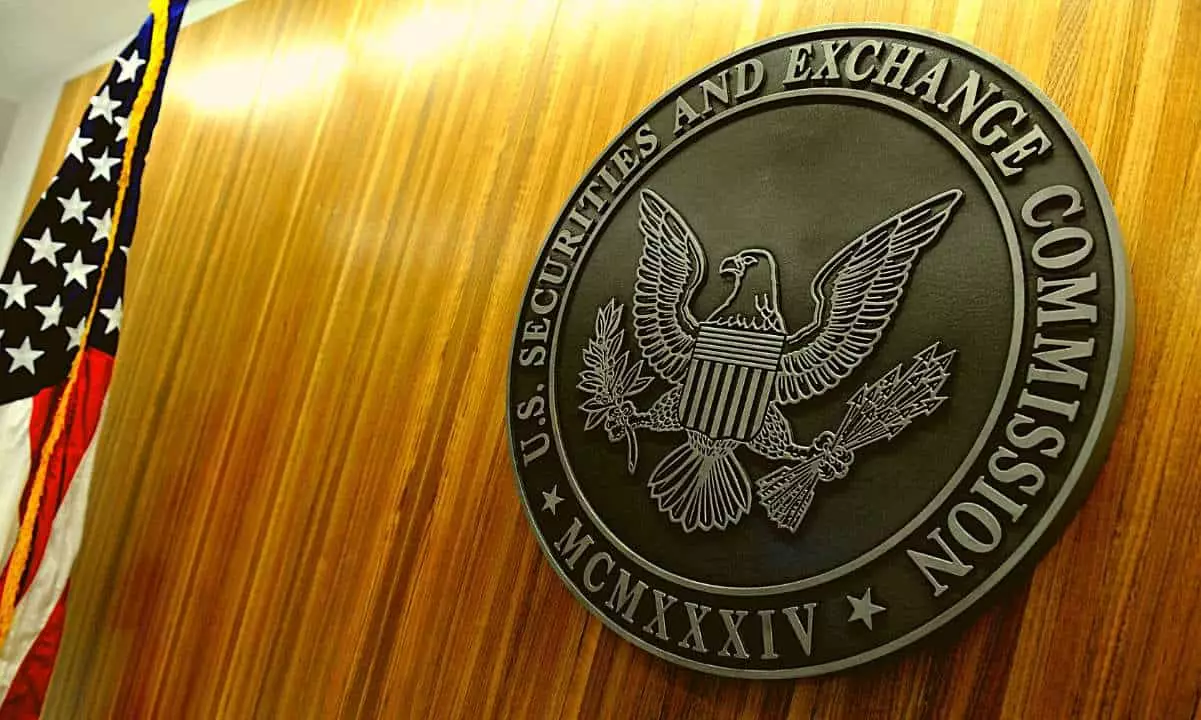CyberKongz has emerged as a pioneering gaming-based NFT project, gaining prominence in the bustling intersection of blockchain technology and digital gaming. The project utilizes ERC-20 tokens, integrating them deeply into its gaming ecosystem, thus creating an engaging platform for users. However, the recent notification from the U.S. Securities and Exchange Commission (SEC) has put a spotlight on the legitimacy of its operations and raised significant concerns about regulatory compliance within the rapidly evolving world of NFTs and blockchain gaming.
On December 16, CyberKongz disclosed that it had received a Wells Notice from the SEC, a formal indication that the agency is contemplating enforcement action. This notice emerged from the SEC’s questions regarding the project’s integration of ERC-20 tokens into its gaming framework, along with specific scrutiny of its 2021 contract migration. Essentially, the crux of the SEC’s concern is whether these tokens, which facilitate various transactions within the gaming context, should be classified as securities. This classification could dramatically alter the operational landscape for CyberKongz and similar projects.
The team’s reaction to the notice was one of disappointment and determination. They articulated their concerns over the SEC’s approach, stating their belief that regulatory clarity is essential for the progress and sustainability of NFT projects. Their commitment to contest the SEC’s position underscores a broader industry sentiment that advocates for more coherent and transparent regulatory guidelines.
At the heart of the discourse surrounding the Wells Notice is the issue of CyberKongz’s Genesis Kongz contract migration, which took place in April 2021. The SEC appeared to interpret this migration as akin to a token sale – a characterization CyberKongz contests. The project representatives argued that contract migrations should not be conflated with primary sales, and the inability of regulators to recognize this distinction raises a significant concern about their understanding of blockchain technologies.
Such misinterpretations could set a precarious precedent, not just for CyberKongz but also for countless NFT and blockchain-based projects that rely on similar mechanisms. As CyberKongz rightly pointed out, if regulators struggle to differentiate between different types of token transactions, the pathway to compliance and innovation becomes murky.
The implications of this situation extend far beyond CyberKongz itself; they resonate throughout the entire Web3 gaming industry. As more entities face regulatory scrutiny, the call for a streamlined and clear regulatory framework becomes ever more pressing. The ambiguity surrounding ERC-20 tokens and their categorization has the potential to stifle innovation if the SEC continues on a path of stringent oversight without providing industries the clarity they desperately need.
In addition to CyberKongz, the SEC has previously investigated other notable blockchain and NFT projects, including Coinbase, Ripple, and OpenSea, signaling a broader trend toward regulatory vigilance. This context exacerbates fears among developers and innovators in the space, creating an environment where hesitance may overtake ambition.
Despite these regulatory challenges, CyberKongz has pledged to its community that it will persist in its development efforts, striving to advance its platform while advocating for clearer regulations. The team’s determination to fight for a favorable regulatory landscape not only benefits their project but could also pave the way for greater acceptance and understanding of NFTs and blockchain technology more broadly.
As other NFT and blockchain projects observe the situation, there’s an opportunity for collective advocacy. By uniting to demand clarity from regulators, these entities could reinforce the importance of innovation while ensuring compliance in a harmonious manner.
The development surrounding CyberKongz and the SEC’s Wells Notice serves as a critical reminder of the ongoing tension between innovation in the blockchain space and the need for regulatory oversight. As the NFT ecosystem continues to expand, it is imperative for regulators to embrace a nuanced understanding of blockchain technology. The path forward must be guided not by blanket regulations but by informed policies that encourage growth while safeguarding consumer interests. Only through collaboration and clear communication can the NFT industry truly thrive in this uncertain regulatory environment.








